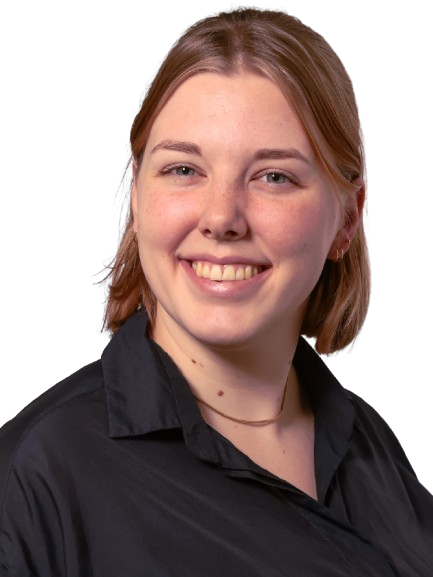
Margaux Bénit
Air Liquide S.A.
Supervisor: Dr. Izba Ali
Brief Bio
Margaux Bénit is a Marie Skłodowska-Curie Actions Doctoral Networks (MSCA-DN) fellow. She is hosted by Airliquide, with TU Dresden as the supervising entity. Her research project focuses on water treatment using a combination of ozone and hydrodynamic cavitation. Margaux holds a B.Sc. in Environmental Engineering from RWTH Aachen University, followed by a M.Sc. in Environmental Process Engineering. During her studies, she worked at the Institute of Chemical Process Engineering at the RWTH in the field of membrane processes.
Project Description
Advancing HC with ozone-strong water (OSW) is a forward-looking technology for the removal of persistent pollutants in water. The pressurised OSW boosts the hydroxyl radical formation by a high concentration of ozone molecules during HC. However, the use of OSW is still an empirical approach, in particular, the adaptation of pH and ozone concentration during the cavitation process are crucial for stable ozone dissolution and pollutant removal efficiency. Moreover, the characterization of generated transformation products is critical for the evaluation of treated water quality. This PhD project aims to enhance hydroxyl radical yield of HC using OSW by a factor of 2 and to realise high degradation rates of pollutants like pesticides (e.g. heptachlor). The key objectives are: 1) Bench and pilot scale experiments covering relevant process parameters and identification of optimal parameters for the OSW + HC for wastewater treatment; 2) Investigation of OH radical yield for HC and HC+OSW; 3) Determination of efficiency and effluent water quality during degradation of three dominant and highly persistent pollutants, namely bromid, diclofenac and estrogen. The key expected results are: 1) First demonstration of removal of highly persistent pollutants from waste water with a continuous HC-OSW process; 2) Optimal process parameters based on systematic design of experiments (DOE); 3) Proof of higher removal efficiency (including downstream transformation products) at lower power input compared to conventional AOP methods.



